When talking about revolutionary artists or avant-gardes, names like Van Gogh or Picasso are the first ones to come to mind. But there are also equally talented women in the field of art – many of them popular and well respected in the art circle but still relatively unknown to us ‘art’ novices. According to the National Museum of Women in the Arts, 51 percent of visual artists today are women. But when it comes to exhibitions and gallery representation, the numbers tell a less optimistic story. And even though women in history have made an equally impressive mark in art, they are still misrepresented. Here are five women who were able to make unspoken but equally powerful history in the field of art.
Amrita Sher-Gil
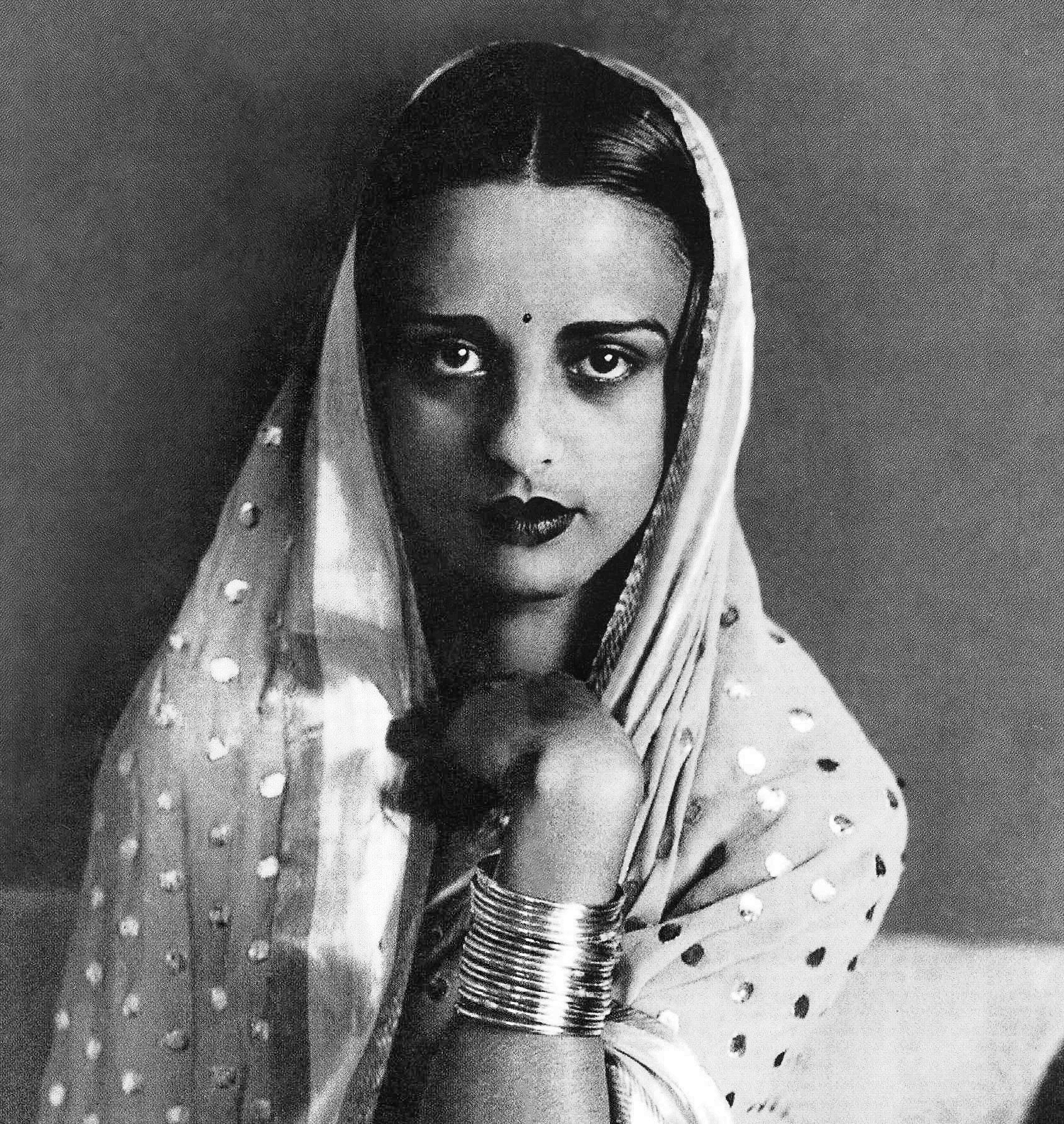 Amrita Sher-Gil was a Hungarian-Indian painter who has been called “one of the greatest women artists of the 20th century”. Gill grew an interest in painting from the age of nine and received formal education and practice in art from places like Paris, Italy, Budapest and India. Most of her artworks are heavily influenced by Indian culture as she spent extensive periods of her life traveling to several places in India and painting local aesthetics of everyday life. She also excelled in painting portraits of herself and her loved ones. Along with this, Gill was an avid reader and a pianist. Her artworks are considered the epitome of modern art in India, in the likes of Jamini Roy and Rabindranath Tagore, but her work was largely overlooked at the time she was alive. However, now her works are acknowledged by the Indian government as one of the most significant works of art in the context of representing the Indian culture. In 2006, her painting Village Scene sold for 6.9 million Indian rupees at an auction in New Delhi, which was, at the time, the highest amount ever paid for a painting in India.
Amrita Sher-Gil was a Hungarian-Indian painter who has been called “one of the greatest women artists of the 20th century”. Gill grew an interest in painting from the age of nine and received formal education and practice in art from places like Paris, Italy, Budapest and India. Most of her artworks are heavily influenced by Indian culture as she spent extensive periods of her life traveling to several places in India and painting local aesthetics of everyday life. She also excelled in painting portraits of herself and her loved ones. Along with this, Gill was an avid reader and a pianist. Her artworks are considered the epitome of modern art in India, in the likes of Jamini Roy and Rabindranath Tagore, but her work was largely overlooked at the time she was alive. However, now her works are acknowledged by the Indian government as one of the most significant works of art in the context of representing the Indian culture. In 2006, her painting Village Scene sold for 6.9 million Indian rupees at an auction in New Delhi, which was, at the time, the highest amount ever paid for a painting in India.
Sonia Delaunay
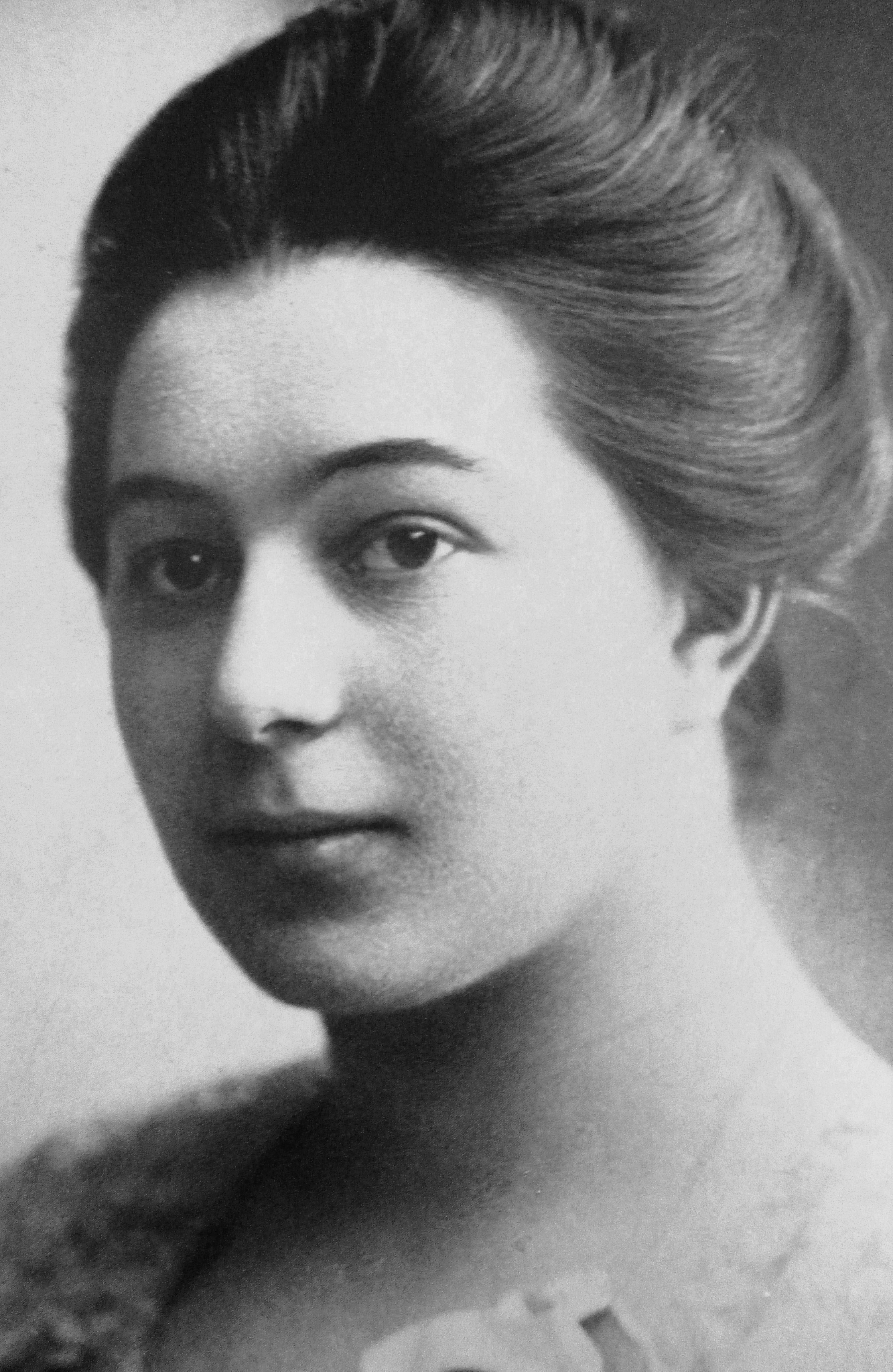
Oli takes swipe at Balen Shah over alleged substance abuse

Sonia Delaunay was a Ukrainian-born French artist who spent most of her working life in Paris and, with her husband Robert Delaunay and others, co-founded the Orphism art movement, noted for its use of strong colors and geometric shapes. She is one of the artists who experimented with and later embraced cubism, a new form of art that was spurring a lot of discussions during her time. She was the first living female artist to have a retrospective exhibition at the Louvre in 1964, and in 1975 was named an officer of the French Legion of Honor. Her artwork was not only limited to paintings and was integrated in furniture, fabrics, wall coverings, and clothing.
Leonora Carrington
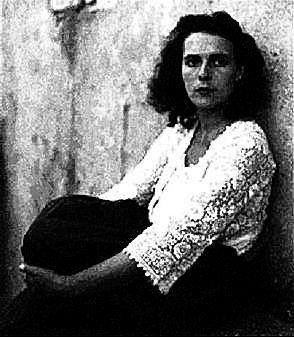 Carrington was an English artist, painter, and novelist. She was one of the co-founding members for the Women’s Liberation Movement, especially in Mexico. Carrington faced a lot of hardships during World War II where she was separated from her husband and had a mental breakdown that led her to be trapped in a mental asylum. She faced a lot of physical and mental abuse at that time and, when she was finally out, she wrote a novel about it and also turned the pain into art. Her work as a surrealist artist is considered magnificent as her art has the ability to be transcendent and elegant at the same time. Along with this, she also was involved in sculpting and many of her exhibits were donated to several museums and were considered very progressive during the early 1900s.
Carrington was an English artist, painter, and novelist. She was one of the co-founding members for the Women’s Liberation Movement, especially in Mexico. Carrington faced a lot of hardships during World War II where she was separated from her husband and had a mental breakdown that led her to be trapped in a mental asylum. She faced a lot of physical and mental abuse at that time and, when she was finally out, she wrote a novel about it and also turned the pain into art. Her work as a surrealist artist is considered magnificent as her art has the ability to be transcendent and elegant at the same time. Along with this, she also was involved in sculpting and many of her exhibits were donated to several museums and were considered very progressive during the early 1900s.
Natalia Goncharova
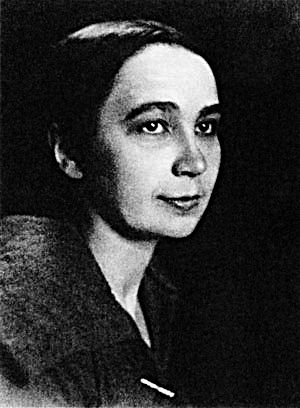 Natalia Goncharova was a Russian painter, writer, and designer. Goncharova also excelled in her experiments with cubism and primitivism, painting masterpieces with inspiration derived from both nature and geometry. Along with this, she also designed clothes and sets for theater and ballet. On June 18, 2007, Goncharova’s 1909 painting Picking Apples was auctioned for $9.8 million, setting a record for any female artist at the time. She is considered one of the most expensive women artists at auction, and her work features in Russian art auctions during the bi-annual Russian Art Week in London and the ones being sold recently have sold for more than 10 million dollars.
Natalia Goncharova was a Russian painter, writer, and designer. Goncharova also excelled in her experiments with cubism and primitivism, painting masterpieces with inspiration derived from both nature and geometry. Along with this, she also designed clothes and sets for theater and ballet. On June 18, 2007, Goncharova’s 1909 painting Picking Apples was auctioned for $9.8 million, setting a record for any female artist at the time. She is considered one of the most expensive women artists at auction, and her work features in Russian art auctions during the bi-annual Russian Art Week in London and the ones being sold recently have sold for more than 10 million dollars.
Gabriele Münter
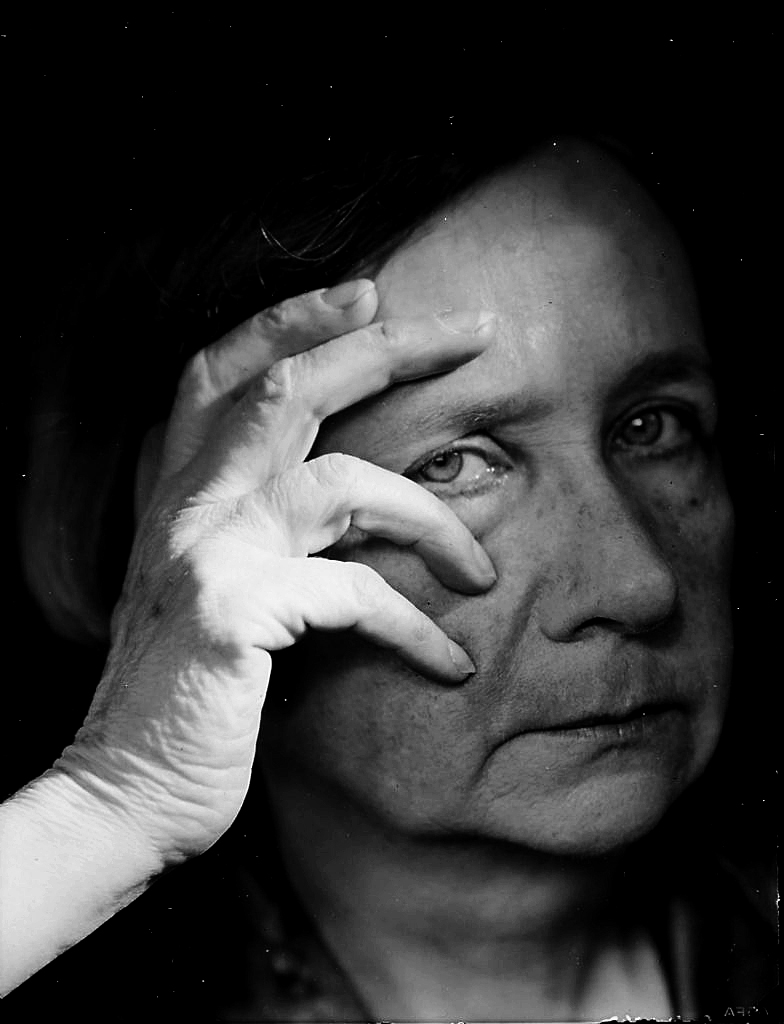 Münter was a German expressionist painter of the 20th century. She is one of the most professional and consistent painters in history as she worked hard to hone her skills and traveled extensively to places like Paris and America for it. However, she found her true inspiration in her hometown of Berlin and her paintings have showcased the beauty of Berlin and other towns in Germany through wood and pastel mediums. Münter was part of a small subgroup of artists active in transforming late Impressionist, Neo-Impressionist paintings into the more radical, non-naturalistic art now identified as Expressionism. Her use of vibrant colors is well appreciated by critics and is used as an important example for teaching and learning about expressionism and impressionism.
Münter was a German expressionist painter of the 20th century. She is one of the most professional and consistent painters in history as she worked hard to hone her skills and traveled extensively to places like Paris and America for it. However, she found her true inspiration in her hometown of Berlin and her paintings have showcased the beauty of Berlin and other towns in Germany through wood and pastel mediums. Münter was part of a small subgroup of artists active in transforming late Impressionist, Neo-Impressionist paintings into the more radical, non-naturalistic art now identified as Expressionism. Her use of vibrant colors is well appreciated by critics and is used as an important example for teaching and learning about expressionism and impressionism.
(Compiled by Urza Acharya)








































